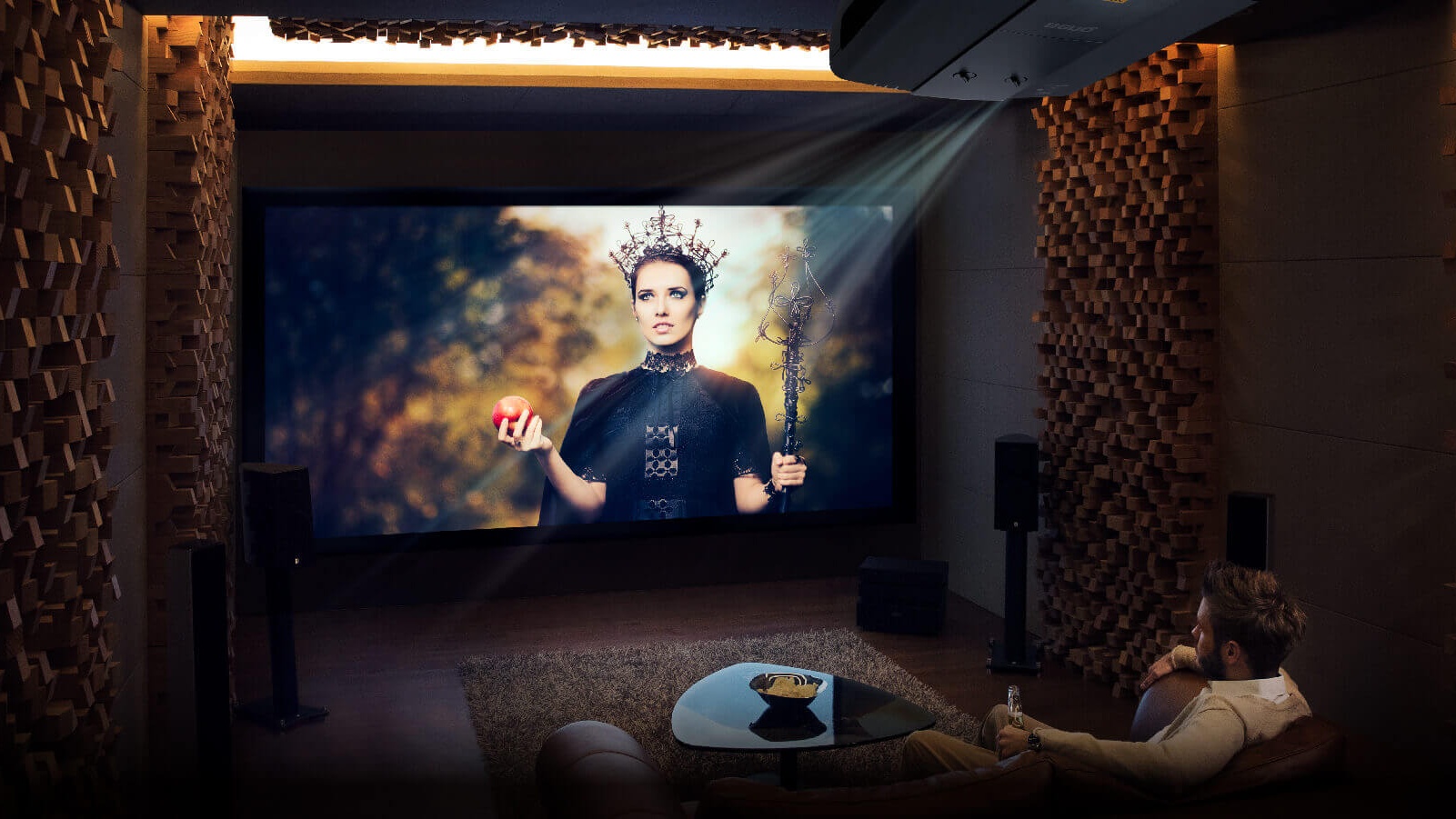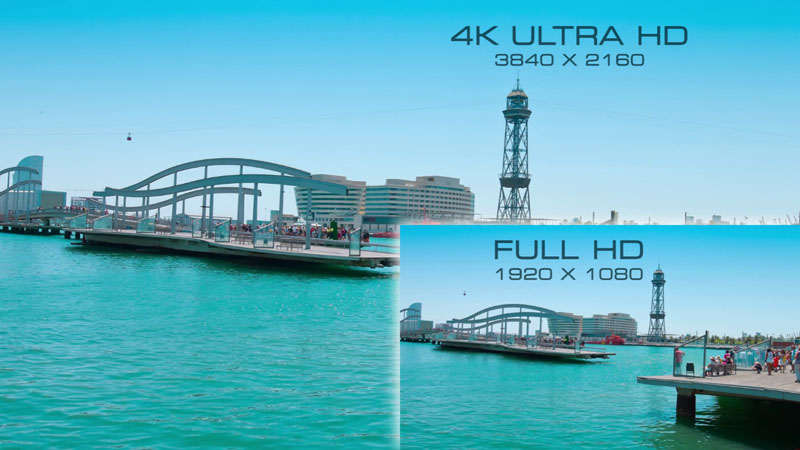RBC- The Key to Choosing Your HomeTheater Projector
Tips to choose the right Home Theater Projector
A projector is a final nail in the coffin if you are determined to thoroughly recreate that cinema hall experience right at your home. Home-theatre aficionados lay a huge emphasis on installing a modest audio system for your home-theatre. Yet, they leave it up to you to choose from a projector or a flat-screen TV for the video experience.
While a flat-screen TV comes with its own virtues, a projector alleviates your movie-watching experience in an unprecedented manner. A projector is equipped with components especially assembled to create the most cinema-like picture possible. A high-resolution LCoS imaging chip, an ultra-high-intensity lamp, superb video processing, and scaling circuitry, top-class lenses with a range of zooming menu and comprehensive video inputs are all packed into a projector to live its purpose.
Besides, it also eliminates glass from your viewing experience which translates to getting rid of the undesired screen-glare as well as the ‘handle-with-care’ caution. You can pair up your projector with the screen of your choice picked from options like fixed-frame or retractable available in varying sizes. Or you can relay the projection directly to a wall if you wish to.
R FOR RESOLUTION
Picky viewers will attest that blurriness is the most unbearable aspect of picture quality. Resolution is what makes a picture clear. The quality of the picture improves as the resolution refines. Resolution is measured in terms of pixels. It stands for the number of pixels on the imaging chip written in ‘left to right x top to bottom’ format.
The high definition projectors meant for home-theatres usually have the full HD resolution of 1920 x 1080 pixels. As you go for an upgrade in the resolution, you have the 4K Ultra HD projectors with a resolution of 4096 x 2160 pixels. A 4K Ultra HD projector offers over four times the detail of a Full HD projector.
B FOR BRIGHTNESS
Generally, all projectors have the brightness required to perform in dark dim-lit rooms. But all projectors are not meant for home theatres. Home theatres need projectors that can adapt to a variety of room lights. Projectors for home theatres have particular brightness ratings of 700 to 2500 lumens which gives the best viewing experience in ambient room light.
Higher brightness is also recommended if you wish to skip the projection screen use wall instead. A wall is less reflective than a screen and absorbs some of the brightness.
C FOR CONTRAST
Contrast is the feature of a projector that determines the vibrancy of colours you will see on the screen. In technical terms, it is the difference between the whitest and the blackest colour a projector can display. The difference is expressed as the contrast ratio. Higher contrast ratios result in the display of subtle colour details with deeper blacks to their contrast.
As the projector screen displays the picture in large sizes, colour details can’t be compromised, making contrast a crucial projector spec. Projector models with several lamp settings allow users to reduce brightness and boost contrast. It gives you the best visual experience in darker rooms.
You can settle down for a projector with the right RBC values ones you understand your viewing needs and the characteristics of your home theatre room. Surfing through a variety of options before locking down the one you would have will give you a fabulous movie experience.
We’d love To Meet You In Person Or Via The Web!
Main Office: Suite M-01, 512, 3rd Street, Abu Dhabi, UAE
Phone: + 971 2 6767019
WhatsApp: + 971 55 3979668
Email: web@OfficePlusUAE.com




